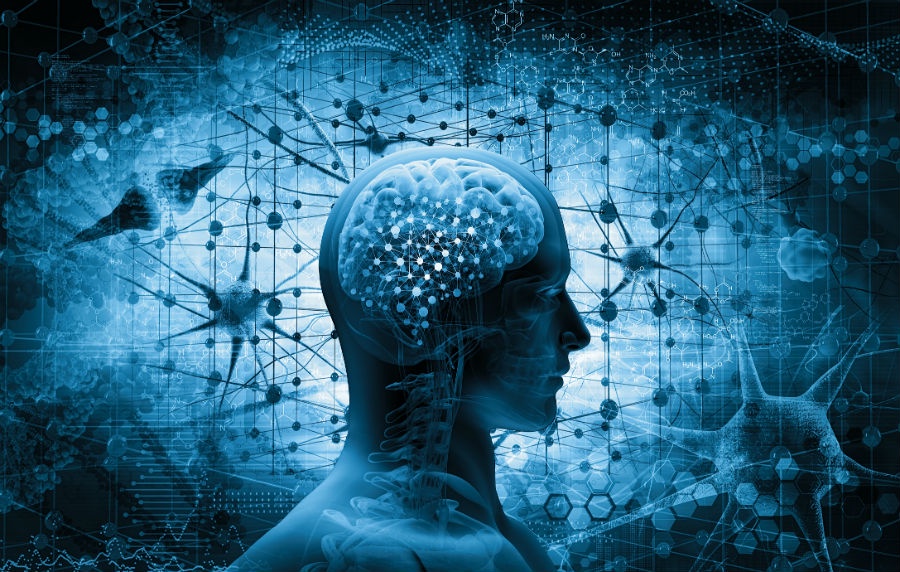Neurological disorders, such as stroke, traumatic brain injuries, multiple sclerosis, and Parkinson's disease, can have a profound impact on an individual's life. However, there is hope in the form of neuro rehabilitation, a specialized medical approach aimed at helping individuals regain their independence and improve their quality of life. This comprehensive guide explores NeuroRehabilitation in Dubai in detail, covering its various aspects, therapies, and the journey to recovery.
What Is Neuro Rehabilitation?
Neuro rehabilitation, or neurological rehabilitation, is a multidisciplinary medical approach designed to assist individuals with neurological disorders in regaining their functional abilities and improving their overall well-being. It encompasses a range of therapies and interventions tailored to the specific needs of each patient.
The Benefits of Neuro Rehabilitation
Neuro rehabilitation offers a multitude of benefits:
Regaining Independence: Many individuals with neurological disorders experience a loss of autonomy in their daily lives. Neuro rehabilitation helps them regain control and perform daily activities independently.
Improved Quality of Life: By addressing physical, cognitive, and emotional aspects, neuro rehabilitation enhances the overall quality of life for patients.
Enhanced Mobility: Mobility issues are common in neurological conditions. Physical therapy in neuro rehabilitation focuses on improving mobility, strength, and balance.
Cognitive Enhancement: Cognitive therapy is integral in addressing memory and problem-solving issues associated with neurological disorders.
Communication and Speech Improvement: Speech therapy in neuro rehabilitation helps patients improve communication skills and addresses speech and swallowing difficulties.
Pain Management: Chronic pain is often a challenge for individuals with neurological disorders. Neuro rehabilitation includes strategies for pain management.
Emotional Support: The emotional toll of living with a neurological condition is significant. Neuro rehabilitation offers emotional support through counseling and therapeutic interventions.
Family and Caregiver Involvement: Involving family members and caregivers fosters a supportive environment for the patient, enhancing the chances of successful rehabilitation.
Individualized Treatment Plans: Each patient is unique, and neuro rehabilitation recognizes this by creating individualized treatment plans to address their specific needs and goals.
Measurable Progress: Regular assessments and evaluations help track improvements and adjust treatment plans, ensuring that goals are met.
Independence in Daily Activities: Neuro rehabilitation helps patients regain the ability to perform daily activities without assistance, a significant milestone in recovery.
Social Reintegration: Social isolation is common among those with neurological disorders. Neuro rehabilitation focuses on reintegrating patients into their communities, allowing them to participate in social activities.
Boosting Confidence: Achieving goals and regaining lost abilities can boost a patient's confidence and self-esteem.
The Neuro Rehabilitation Team
A neuro rehabilitation team typically consists of various healthcare professionals, including neurologists, physical therapists, occupational therapists, speech therapists, and nurses. These specialists work together to create a comprehensive treatment plan for each patient.
Types of Neuro Rehabilitation
Neuro rehabilitation includes various types of therapies and interventions:
Physical Therapy: Focused on improving mobility, strength, balance, and coordination.
Occupational Therapy: Aims to enhance an individual's ability to perform daily activities and promotes independence.
Speech Therapy: Addresses speech and language difficulties, improving communication and swallowing function.
Setting Goals:
Setting clear and achievable goals is a fundamental part of neuro rehabilitation. These goals serve as a roadmap for both patients and healthcare providers and help track progress throughout the rehabilitation process.
The Rehabilitation Process
The rehabilitation process includes:
Assessment and Evaluation: A thorough evaluation to determine the patient's condition, needs, and goals.
Designing a Customized Treatment Plan: Based on the assessment, a personalized treatment plan is created.
Therapy Sessions: Regular therapy sessions tailored to the patient's specific needs.
Home Exercises and Self-Care: Patients are provided with exercises and strategies to continue progress at home.
Continuous Assessment and Adjustment: Regular assessments are conducted to track progress and adjust treatment plans.
Emotional and Psychological Support:
Neuro rehabilitation often includes emotional and psychological support, providing strategies to cope with the psychological aspects of the condition.
Family and Caregiver Involvement:
Involving family members and caregivers is vital for a successful neuro rehabilitation journey. They play a crucial role in providing support, motivation, and assistance to the patient.
Measuring Progress:
Measuring progress is a continuous effort in neuro rehabilitation. It helps track improvements in mobility, cognitive abilities, communication, and other targeted areas, motivating patients and guiding treatment adjustments.
Transition to Independence:
As patients make significant progress, the focus shifts toward transitioning to greater independence, including regaining the ability to perform daily activities without assistance, improving communication, and enhancing mobility.
Ongoing Support and Maintenance:
Even after achieving their primary goals, individuals may require ongoing support and maintenance to manage their neurological conditions. Neuro rehabilitation provides resources and strategies for long-term well-being.
In conclusion, neuro rehabilitation offers hope and a structured path to recovery for individuals with neurological disorders. With a dedicated healthcare team, personalized treatment plans, and a commitment to the rehabilitation process, patients can regain control of their lives and look forward to a better quality of life.


No comments yet